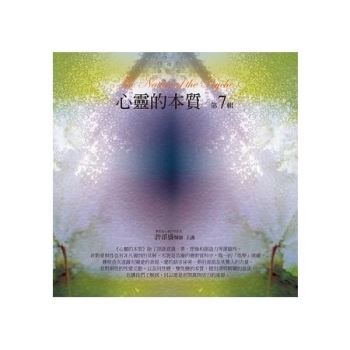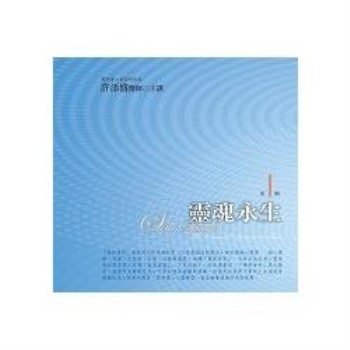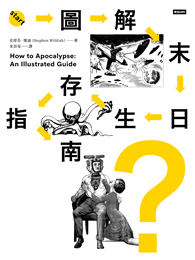Joyce as Theory is the first book-length examination of James Joyce to argue he can be read as a theorist. Joyce is not just a favourite case study of literary theory; he wrote about how we make meaning, and to what effect. The present volume traces his hermeneutics in those narratives in Finnegans Wake which deal with textual production and interpretation, showing that the Wake’s difficulty exemplifies Joyce’s theoretical stance. All reading involves responding to problems we cannot quite fathom.
This preoccupation places Joyce alongside Jacques Derrida and Jacques Lacan. Joyce as Theory revives debates on theory with a linguistic focus, laying open misconceptions that have muddled attempts to be over and done with this kind of thought. It demonstrates that Derrida and Lacan, almost exclusively presented as rivals, converge on a common position. It opposes the myth of linguistic theory as a formalist approach, instead showing that Joyce, Derrida, and Lacan give us a hermeneutic ethics alert to how meaning-making impacts our lived experience. And it challenges the notion that theory imposes matters alien to Joyce, demonstrating that it is an appreciation of Joyce’s arguments in Finnegans Wake that generates a theoretical perspective.
Joyce as Theory is essential reading for researchers and students in Joyce studies, continental philosophy, literary theory, and modernist literature.









